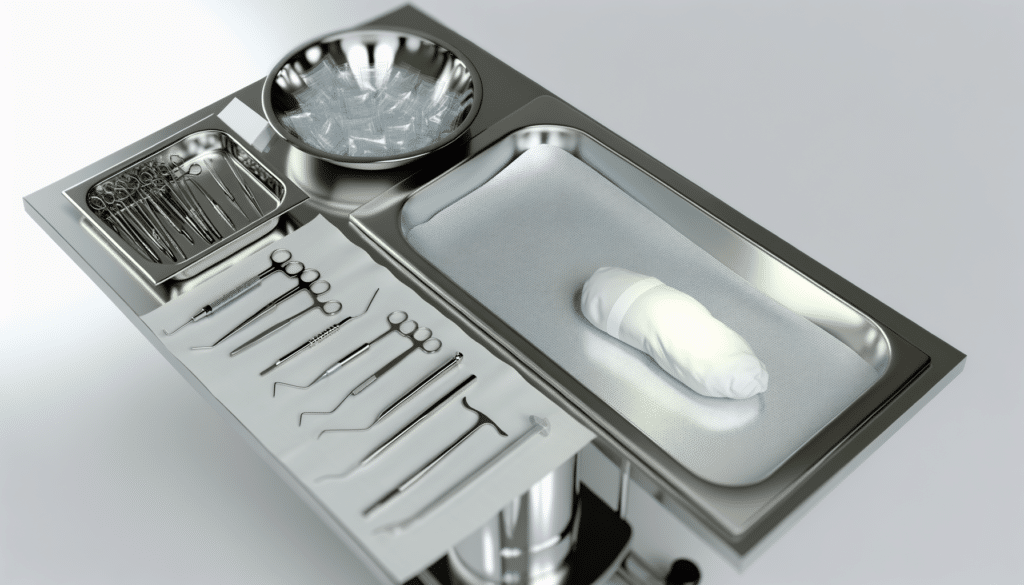Who is a Good Candidate?
Not everyone is an ideal candidate for abdominal liposuction. Typically, those who benefit most from the procedure are individuals who are in good health and have realistic expectations about the outcomes. Candidates should ideally be within 30% of their ideal weight and have firm, elastic skin. It is also important that candidates do not use the procedure as a weight loss solution but rather as a means to improve contour and proportion. A consultation with a qualified professional can help determine if liposuction is the right option.
The Procedure: What to Expect
The process of abdominal liposuction usually begins with a consultation, where the surgeon will assess your condition and discuss your goals. On the day of the procedure, which is typically done under local or general anesthesia, the surgeon will make small incisions in the targeted area. A cannula—a thin, tube-like instrument—is then inserted to break up and suction out the fat deposits. The entire procedure generally takes between one to three hours, depending on the amount of fat being removed and the techniques used.
Recovery and Aftercare
Post-surgery, it is essential to follow the aftercare instructions provided by your surgeon to ensure smooth recovery and optimal results. Patients can expect some swelling, bruising, and discomfort, which usually subside within a few weeks. Wearing a compression garment and avoiding strenuous activities are often recommended during the initial healing phase. It is crucial to attend follow-up appointments to monitor progress and address any concerns.
Risks and Considerations
Like any surgical procedure, abdominal liposuction carries certain risks and potential complications. These can include infection, bleeding, uneven contours, and changes in skin sensation. To minimize risks, it is important to choose an experienced and board-certified plastic surgeon. Additionally, maintaining a healthy lifestyle post-procedure is essential to preserve the results. While the fat cells removed are gone permanently, remaining fat cells can still expand if proper diet and exercise are not maintained.

